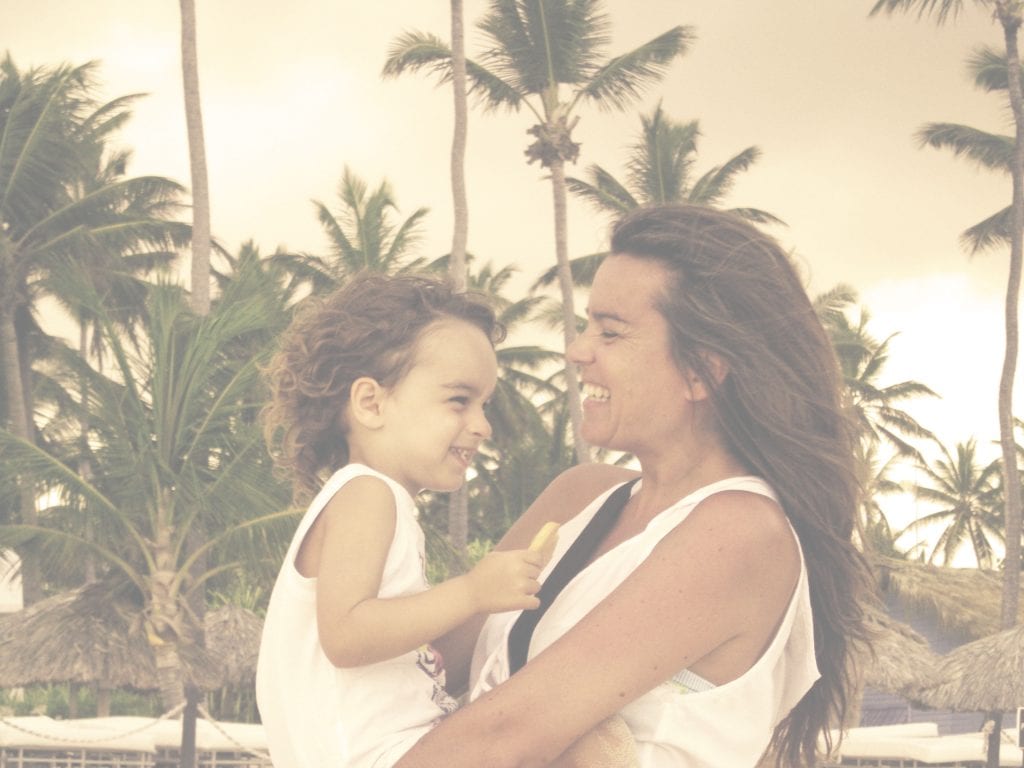
As parents, we all have challenging days – and moments.
One of the most difficult things for us to do during those times is to summon the ability and the courage to recognize our own faults. We know how patience and empathy work. When we are calm, quiet and relaxed, we respond to our little ones in a calm and relaxed tone.
At other times, we have a hard time shifting to a lower gear in our response. And in a split second, we make a mistake. In a fraction of a second, we can cause a small – or huge – fracture in our relationship with our kids or, worse, in their emotional structure.
Acknowledging that we, too, make mistakes – a lot of them – is one of the best skills we can develop as parents. Apologizing is one of the noblest acts a mother and father can perform. It requires humility. It requires acknowledgment that we did something wrong. Apologizing is a sign of strength, not a sign of weakness. Knowing how and when to apologize and setting that example will teach our little ones a lot about life. About love. Apologizing to our kids should be a matter of honor.
Watch, however, that you don’t offer an apology followed by a justification. We can gift our kids with deeply honest, sincere requests for their forgiveness without associated excuses: “I’m sorry if I hurt you” or “I’m so sorry I hurt your feelings. What can I do to make it up to you?” We can ask such questions, then follow them with silence as we wait for our children’s responses.
Some of us are afraid that our little ones might get spoiled or damaged if we apologize, or that they will lose respect for us because we apologize. On the contrary, they will respect us more, admire us more. Moments of connection, understanding and loving actions will never cause a child to lose respect for us. So, fear not. Apologizing to our kids is an act of love.
When parents apologize, our kids grow up learning humility, awareness, empathy. Apologizing to our kids helps them realize that we aren’t perfect. And it helps them understand that they themselves don’t have to be perfect either.
If we want to be happier parents, we have to mind our tone, the words we use.
M.J. Silva
When parents apologize to our precious little ones, we teach them to regulate their own emotions. We teach them to respect themselves and the feelings of others. Apologizing to our kids shows them that we love them. Moreover, apologizing allows them to realize that we are choosing to be better parents, better people, every single day.
In a home full of empathy and understanding, there is greater cooperation, acceptance and happiness. If we want to be happier parents, we have to mind our tone, the words we use. If we want our precious ones to grow up happy and emotionally structured, we need to recognize that every little action, reaction or word can remain forever engraved in their memories, recorded in the deep core of their emotional minds. And it will eventually manifest itself.
There are, unfortunately, many people who spend their adult lives trying to heal the wounds of their childhood. Many adults, even without being aware of it, avenge their own childhood on their children. The path you are choosing every day, even if unconsciously, with your beloved children, is a result – in part – of your own past. We must be aware not to dump the woes of our deepest selves and the frustrations of our day-to-day on our children.
We must learn to breathe and to choose the downshift in our gearbox. Our little ones aren’t responsible when we are worn out, angry or frustrated – at work, in our relationships or within ourselves.
We are the grown-ups. We have to learn how to manage our emotions. It may not be easy when we are tired or having a difficult moment, day or year, but if we train ourselves to regulate our feelings, observe and connect, we are taking a step forward in creating our own happiness.
M.J. Silva is a writer, publisher, journalist, filmmaker, biographer and teacher. She’s also the mom of a 10-year-old boy, D., and Zen, their 12-year-old basset hound.
























